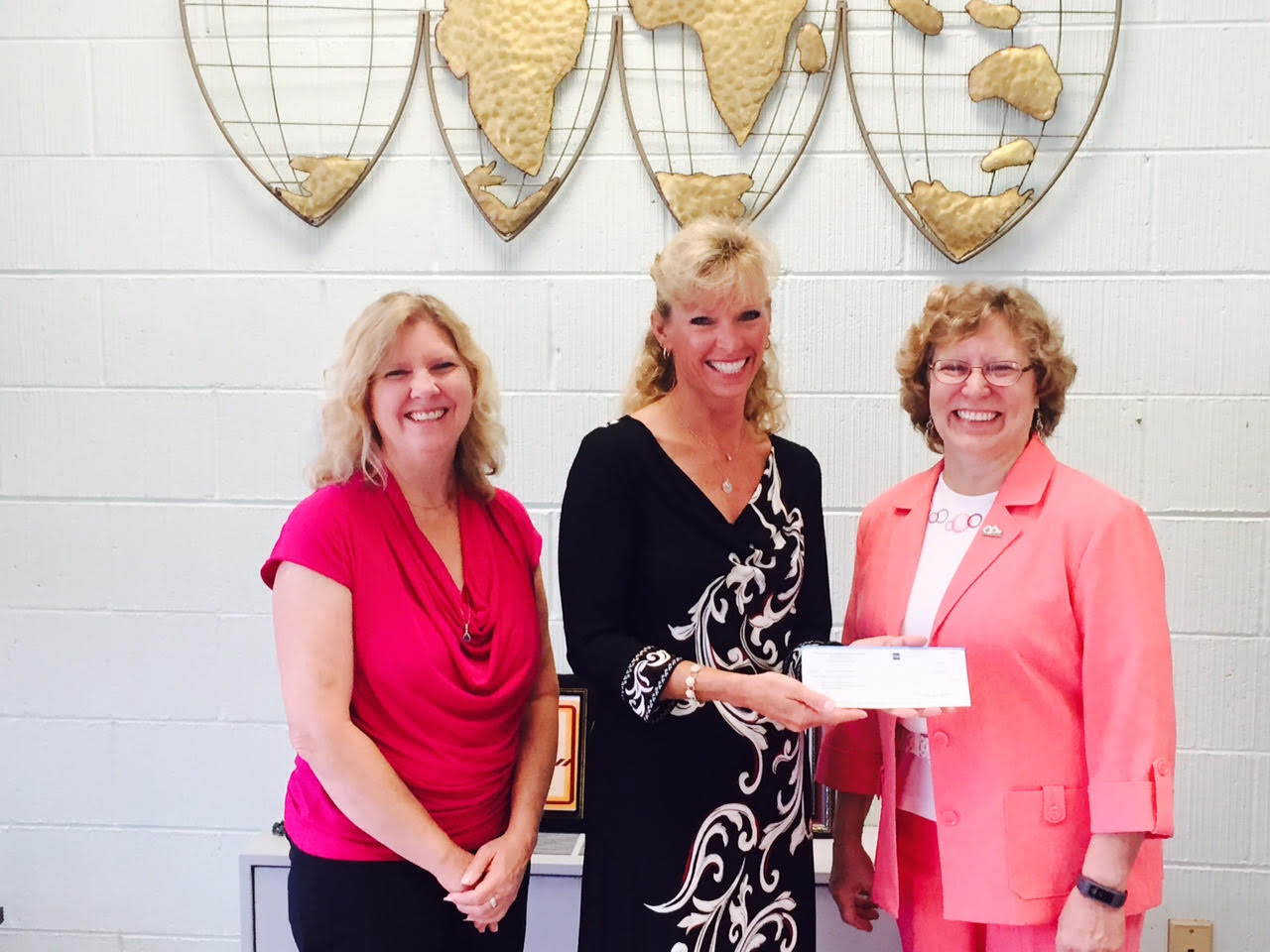Two Recent Grants Support Miami Middletown's Science Programs

The Department of Chemistry & Biochemistry at Miami University Middletown has been awarded a pair of grants, one from the Quaker Chemical Foundation for the purchase of new laboratory equipment, and the other from the American Chemical Society to promote chemistry education.
other from the American Chemical Society to promote chemistry education.
The Quaker Chemical Foundation is the philanthropic arm of the Quaker Chemical Company, which has a plant in Middletown.
According to foundation trustee Jennifer Hill, the foundation regularly provides funding for programs and activities that directly benefit the local communities in which the Quaker Chemical Company operates.
"Of particular interest are programs and activities that promote education and science, especially chemistry," Hill said.
Chemistry faculty members Janet Marshall and Susan Marine served as primary investigators for both grants.
They were awarded $3,500 to go toward the purchase of two chiral HPLC columns. This specialized equipment will be used by students majoring in forensic science to identify the components of certain drugs such as methamphetamine and determine if the drug was synthesized from over-the-counter pharmaceuticals.
"The ability to separate and identify the active ingredients of illicit drugs is becoming more important in forensic science and toxicology," Marshall said. "The incorporation of this type of analysis in our forensic chemistry courses will not only introduce students to HPLC techniques, but also reinforces concepts previously learned in organic chemistry.
"For safety purposes, we will use chiral compounds that are not illicit or restricted," she said.
The grant is of benefit not only to forensic chemistry students, but to all Miami students taking advanced chemistry courses, Marshall said.
In 2011, the Quaker Chemical Foundation awarded the Department of Chemistry and Biochemistry a $2,000 grant to purchase measurement equipment that has since been used by more than 1,300 students on the Middletown campus.
In addition to the grant for the lab equipment, the American Chemical Society also awarded the Department of Chemistry and Biochemistry $2,000 to create a Chemistry Education and Career Day for area high school students.
"For MUM students who would like to stay in the area following graduation, it is important for them to be aware of career options 'in their own backyard'," Marshall said. "By making local high school students aware of the strong local employment outlook for chemists, we can help to fill the region's education and career pipelines."
The grant allows Marshall and Marine to organize a Chemistry Education and Career Day in spring 2016 at the Middletown Campus to connect high school students with industry chemists, university chemistry faculty, and MUM alumni employed locally in the sciences. A chemistry faculty member representing the main campus will discuss the four-year chemistry and biochemistry program.
The day of activity will include hands-on experimentation time and lunch with featured speakers.
"The students will run chemical syntheses, perform extractions of natural products, investigate the electroplating process, and conduct several analytical experiments," Marshall said, "to give them a taste for what real-world chemists do, many of them right here in Middletown and the surrounding area."

